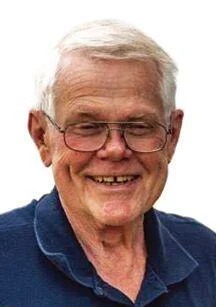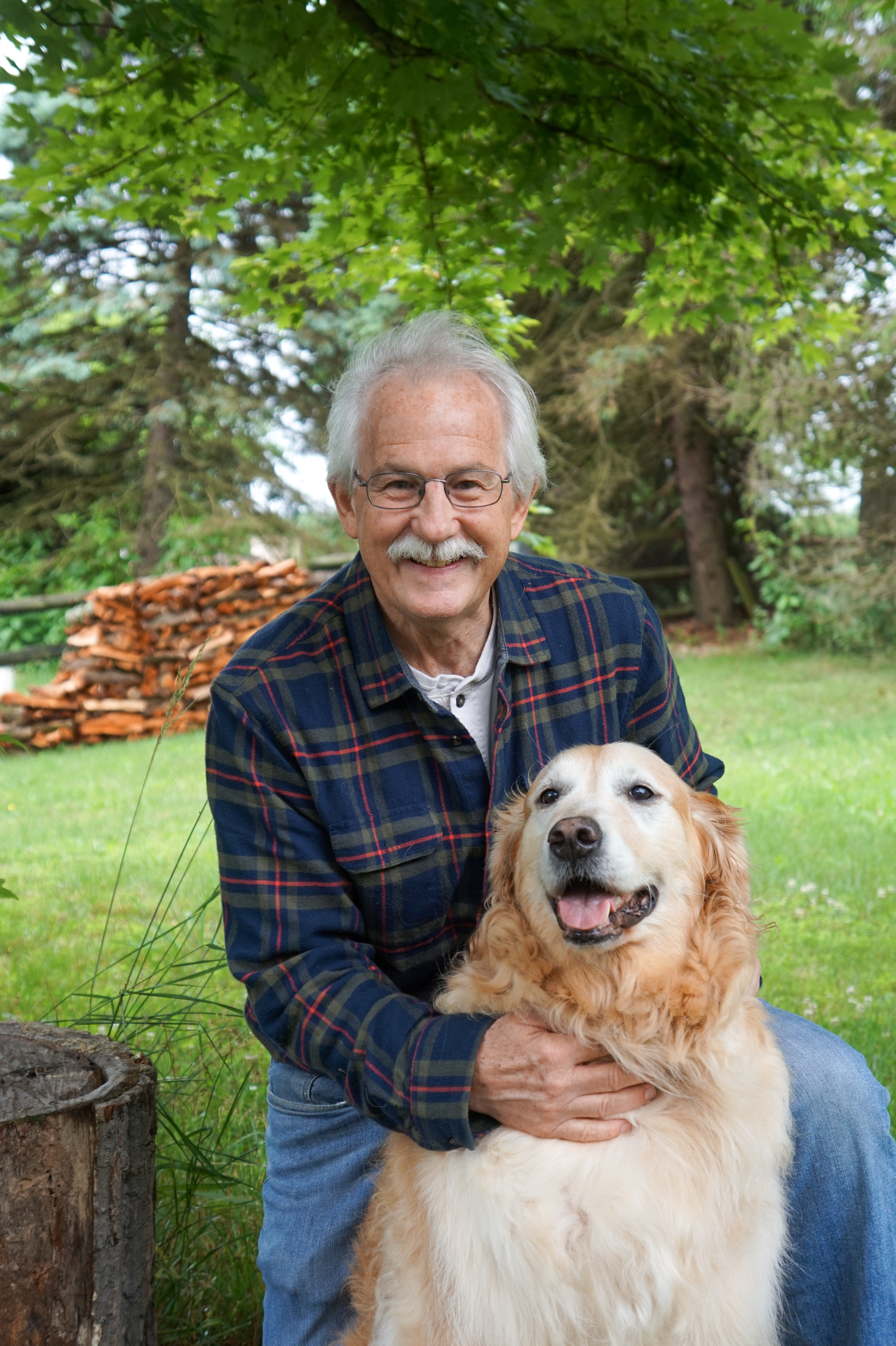Review from Finger Lakes Times, written by John E. Norvell
It is always good to read a book with ties to Geneva.
Charles Burrall is from a very old family that goes back to the early days of this area. A member of his family was part of the group that established Geneva College in 1822; it was later renamed Hobart College. This book was published in 2004 but is worth reading today, especially considering Iran’s recent release of American prisoners.
Burrall tells two stories. On the surface, it’s an adventure story of survival. On another level, it is a story of deep and abiding personal faith in God.
First, the adventure story.

On Sept. 11, 1984, the Soviets seized the merchant ship Freida-K. At the time, Burrall was the ship’s cook. On a freight-hauling mission to the Arctic, the ship accidentally sailed into Soviet territory. Taken prisoner and held at gunpoint, their captors threatened the men with 30 years in prison.
The book tells of their interrogation and interaction with high-ranking Soviet officers. Burrall shares this experience with those of the Vietnam-era POWs held in Hanoi. In many ways, the treatment of both groups was the same: isolation, ongoing interrogation, and other psychological pressures to admit guilt.
Having gone through POW camp training in preparation for flying combat in Southeast Asia, I often experienced similar treatment. The point was to break the men in any way possible. I underwent POW training for three days, which was more than enough — Burrall’s time was longer. He details the ups and downs he felt as the Soviets attempted to get him and his fellows to sign confessions that they were spies for the United States. To their credit, they resisted and, in the end, due to the United States’ efforts, were released.
When I went through training, we learned techniques to aid us in resisting. Burrall and his fellows had no such methods. What they did have was an abiding faith in God, which sustained them.
This faith is then the second part of the story, which to Burrall was often not reported by those in the national press. The men of the Frieda-K were not ordinary sailors in one way; they had a deep Christian bond. It was this faith in Jesus Christ that got them through the ordeal.
As Burrall tells the first story, he comments on how, along the way, the crew continually turned to God for guidance at various turning points. He also describes how they attempted to share their faith with their Soviet captors. This attempt got Burrall into trouble when he wrote a letter explaining his faith, which the Soviets used against him. To quote the Soviets: “You do it our way. Here, there is no God.” One does not have to be religious to appreciate how their faith sustained them; American flyers held in Hanoi also turned to their faith for survival. Faith became important to these men at a very dark time.
Burrall later became an English teacher in Maryland, and he writes fluidly, which brings the reader along. It is an easy read
The adventure story part of his work reminded me of “The Perfect Storm” by Sebastian Junger, another adventure of men at sea. Both share the romance of the sea and how it captivates the men who sail there. But as in “The Perfect Storm,” the sea can also yield surprises.
Such it was for Burrall.
John E. Norvell is a frequent contributor to the Times oped section. He is a retired Air Force lieutenant colonel, decorated air combat veteran, and former assistant professor of military history at the Air Force Academy. He has written for The Washington Post and several newspapers and historical journals nationwide. His F-4 flying memoir, Fighter ’Gator, is available on Amazon and other online sites. A 1966 graduate of Hobart, and a former alumni director at the college, he lives in Canandaigua. He can be reached at jenorv66@gmail.com.

